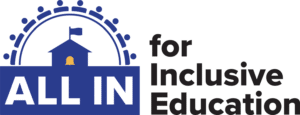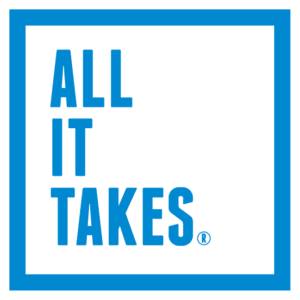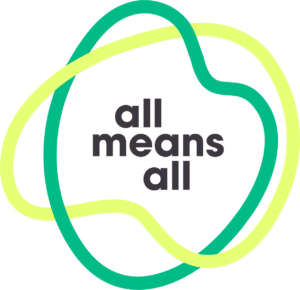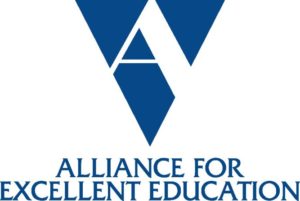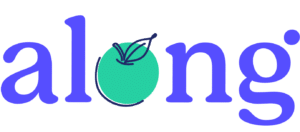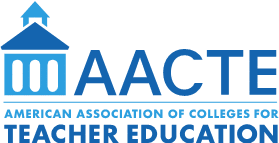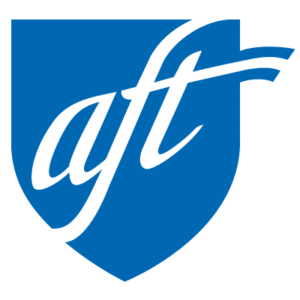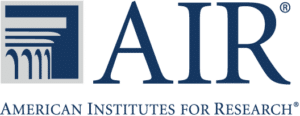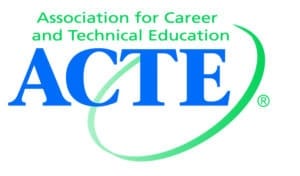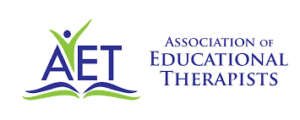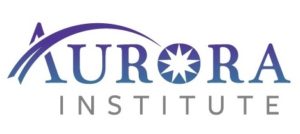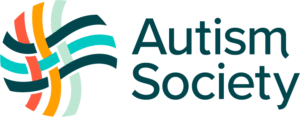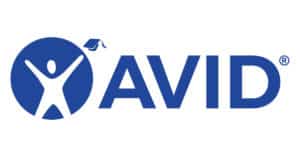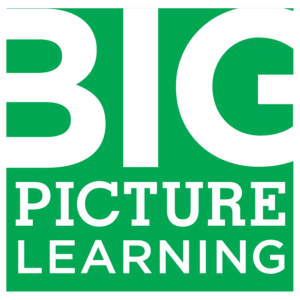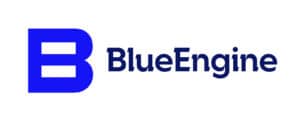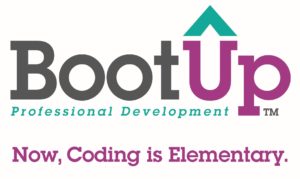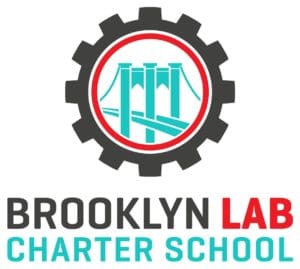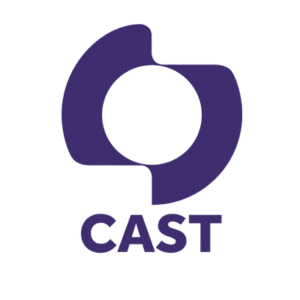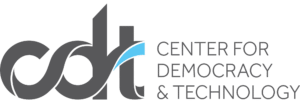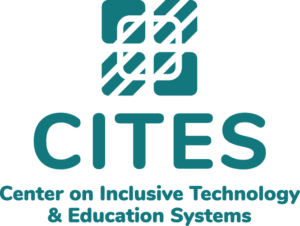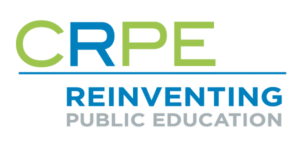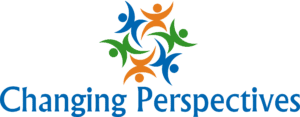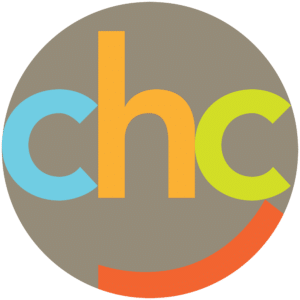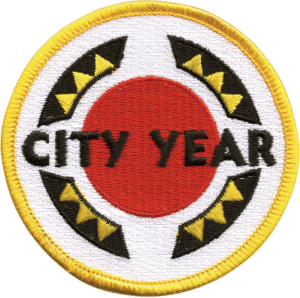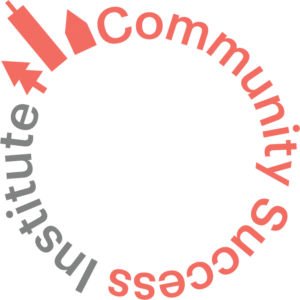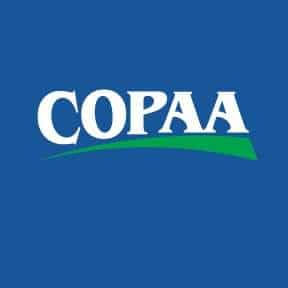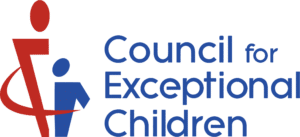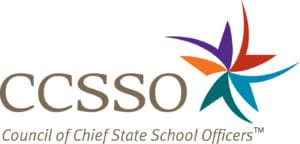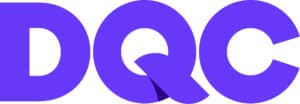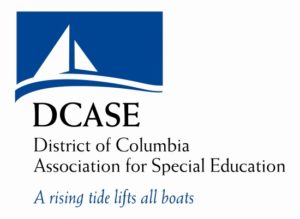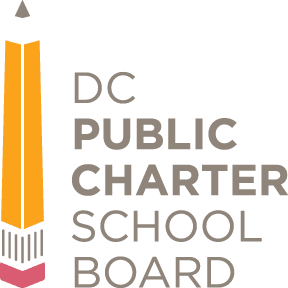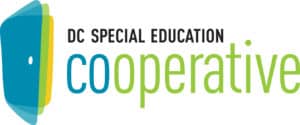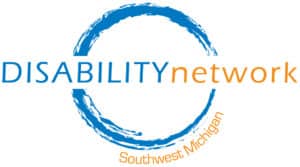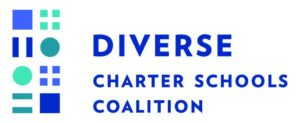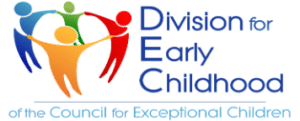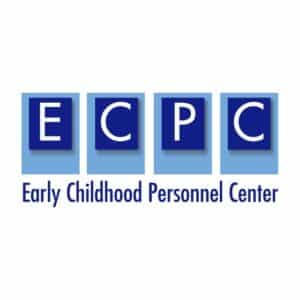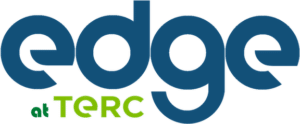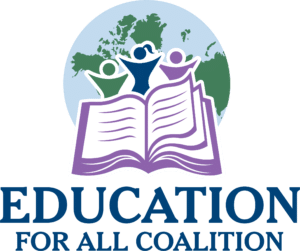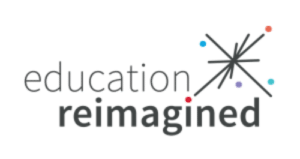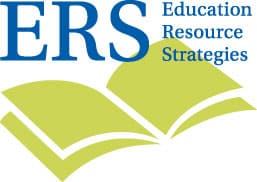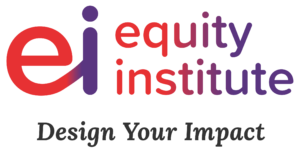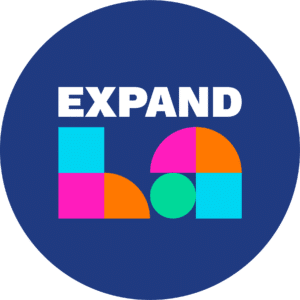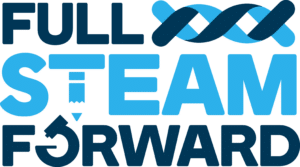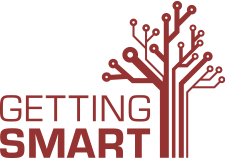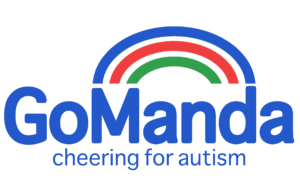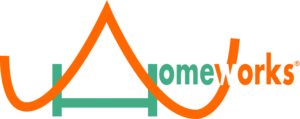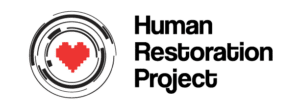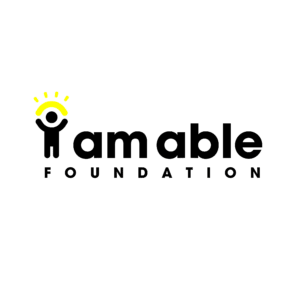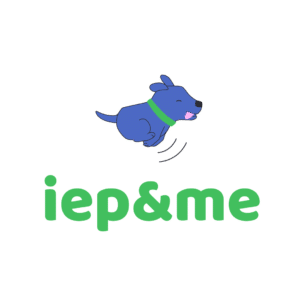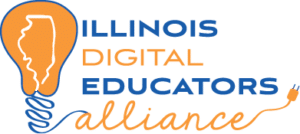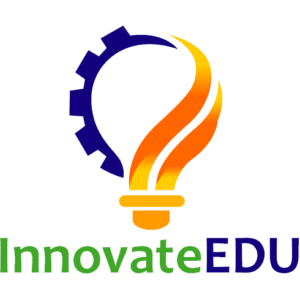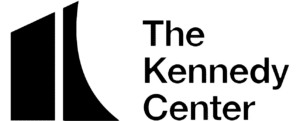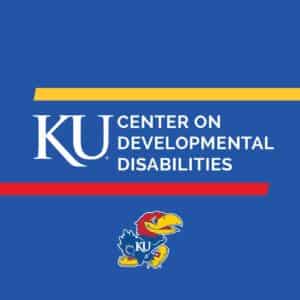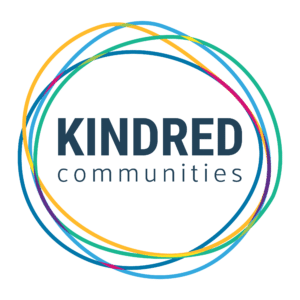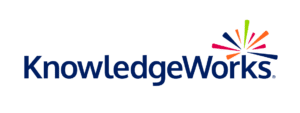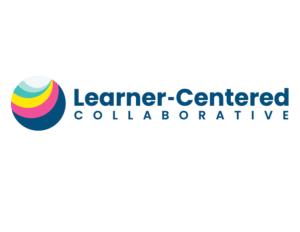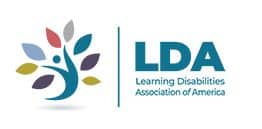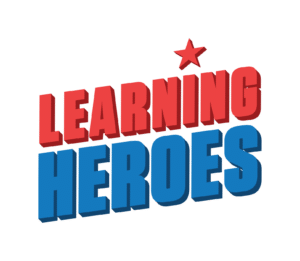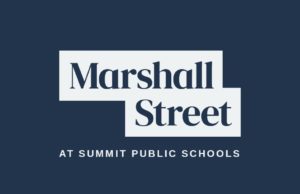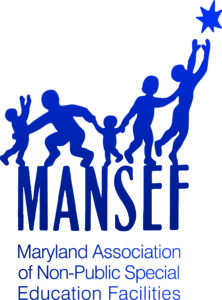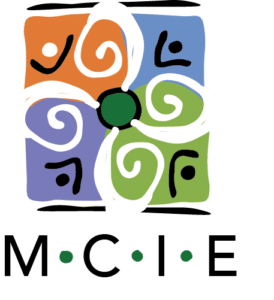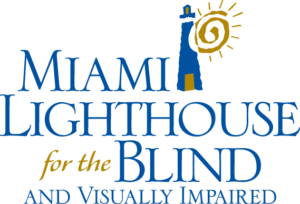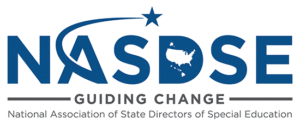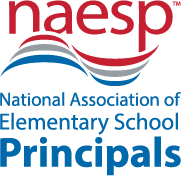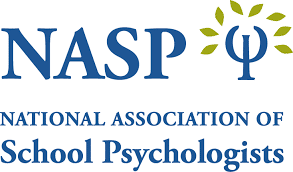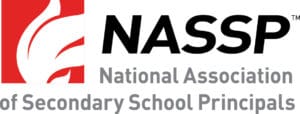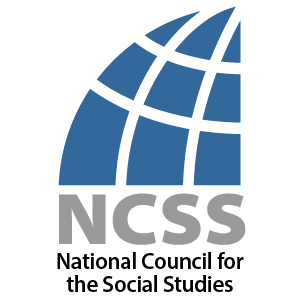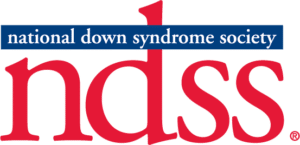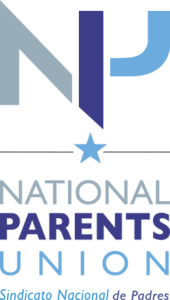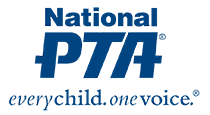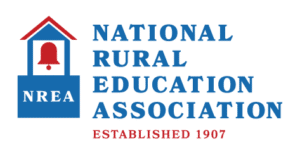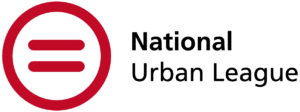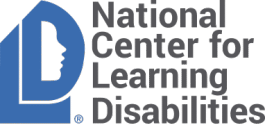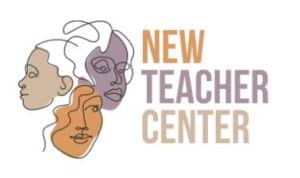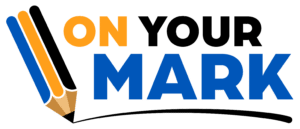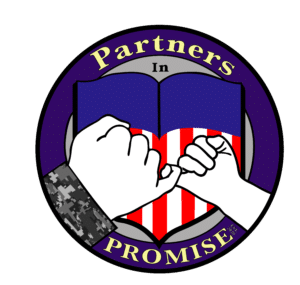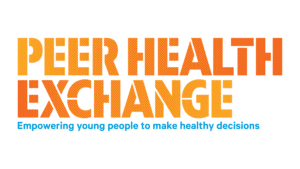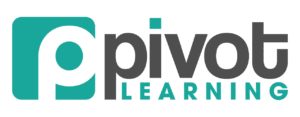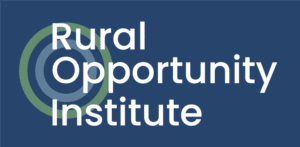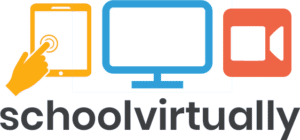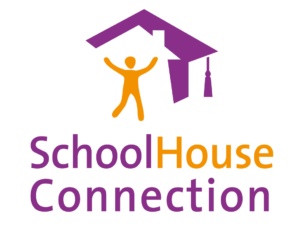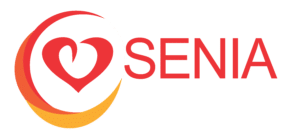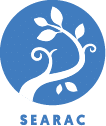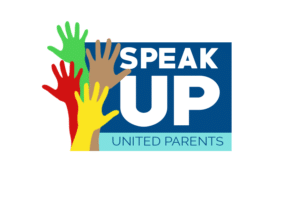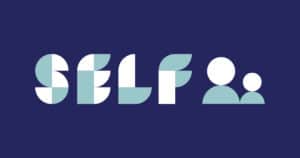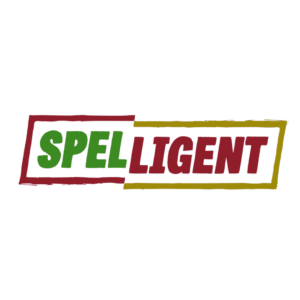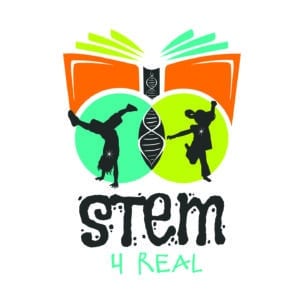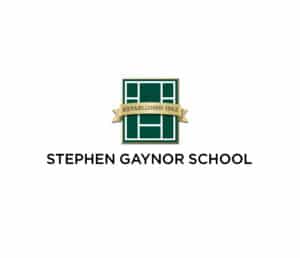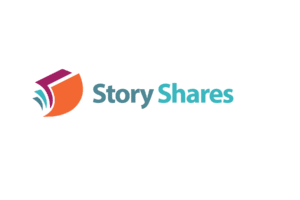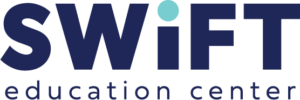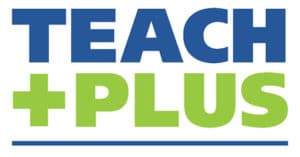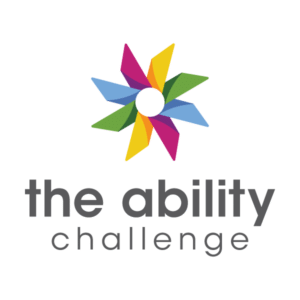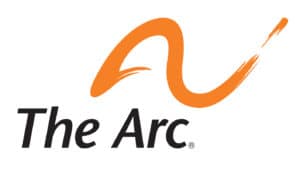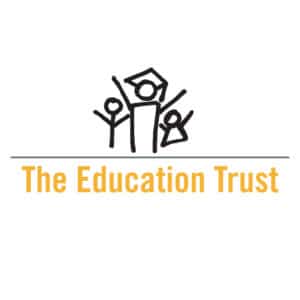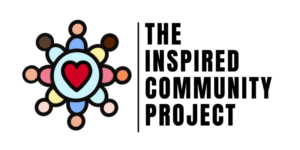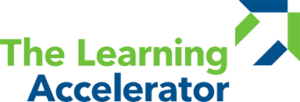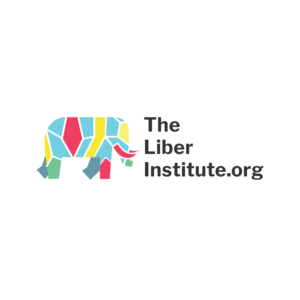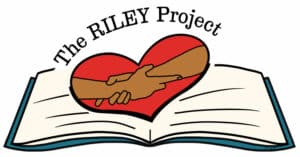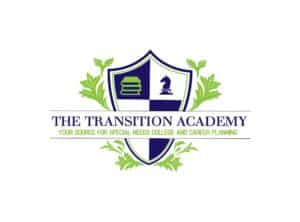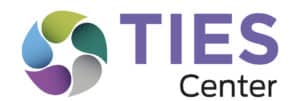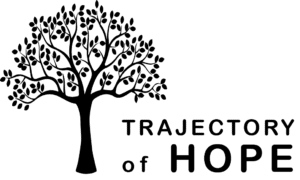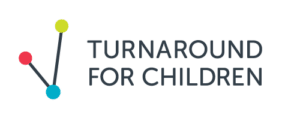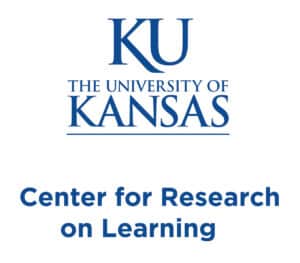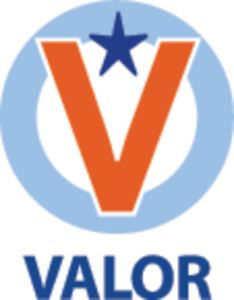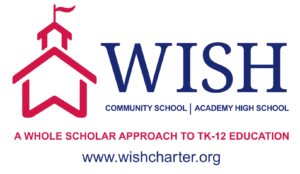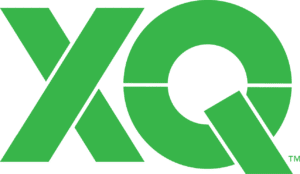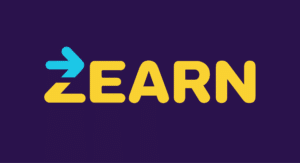ABOUT EDUCATING ALL LEARNERS ALLIANCE
Years of teaching and learning amidst the evolution of the COVID-19 pandemic have revealed bright spots and challenges, and has exacerbated our education system’s existing inequalities, especially for those who learn differently, students experiencing poverty, Black and Latinx students, students learning English, and students with disabilities.
To ensure equity for all learners, an uncommon alliance of national and local education, disability and civil rights organizations has come together to address and reimagine organizations, approaches, systems, and learning environments.How Can We Help?
Information matters. Our ability to serve our most vulnerable students depends on our ability to collaborate, share and exemplify best practices. The Educating All Learners Alliance is working to improve availability of COVID recovery strategies, best practices, and resources for students with disabilities while also catalyzing innovation and improving equity in our current education system. The United States Department of Education has affirmed that school systems and educators must still provide a free and appropriate public education (FAPE) “consistent with the need to protect the health and safety of students with disabilities and those individuals providing education, specialized instruction, and related services to these students.” These services might be provided through virtual, hybrid, or in-person instruction. Disability-related modifications and services have increasingly been provided online, including “extensions of time for assignments, videos with accurate captioning or embedded sign language interpreting, accessible reading materials, and many speech or language services through video conferencing.”
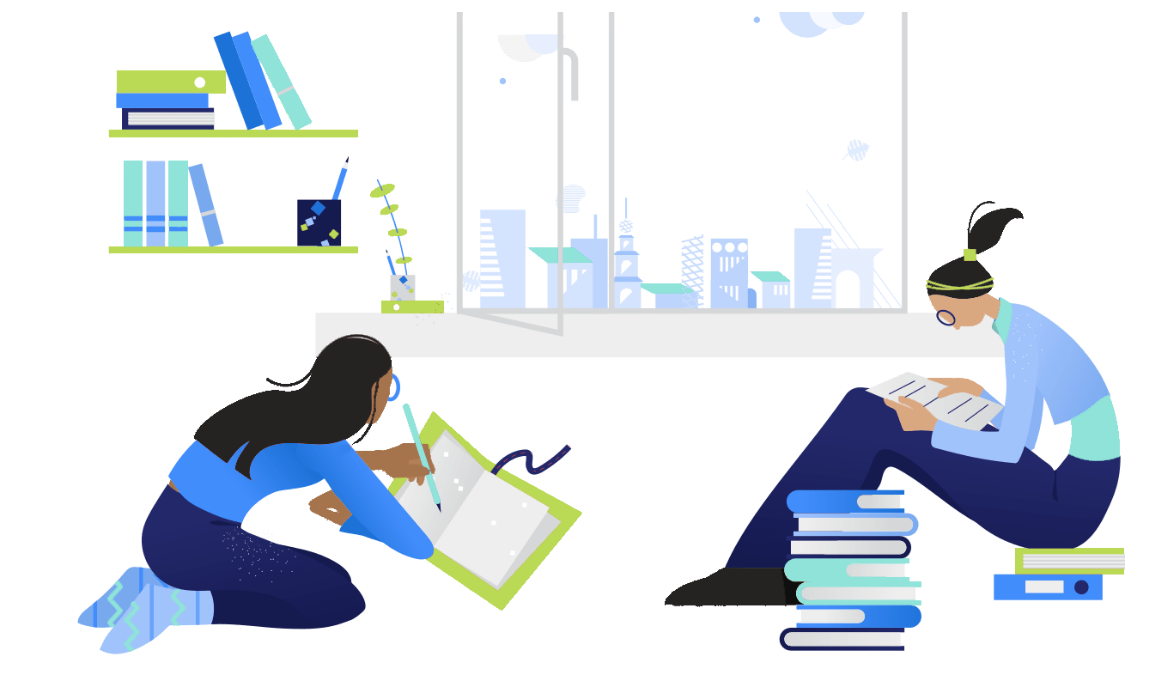
Attend Events and Office Hours
Sometimes you have one question that you need an answer to. We will bring together the best national experts in the country for office hours and recorded webinars.
View EventsProvide Resources for Educators
We want you to stop Googling. You already have enough on your plate. Come here first to search for resources to meet your needs. If you can’t find something - tell us what you need! We will work with a national network of experts to create it.
View ResourcesGet Inspired
We all need good news right now. We hope you can come here to find good news about how distance learning is working for the special education community.
View Case StudiesOur Story
In March 2020, as schools across the country shifted to remote learning Brooklyn Lab Charter School (LAB) started to field questions from other education leaders about how to support students with disabilities. These schools sought advice from Brooklyn Lab based on its deep experience developing personalized learning programs, especially for the 30 percent of the students in the school who have disabilities.
To develop a platform that could support more school leaders, Brooklyn LAB Executive Director Dr. Eric Tucker invited leaders from the National Center for Learning Disabilities (NCLD), the National Center for Special Education in Charter Schools (NCSECS), and the nonprofit InnovateEDU to join an initial conversation centered around how educators could ensure that students with disabilities receive the services and supports they need during this time. Shortly thereafter, the initial team also invited the Digital Promise Learner Variability Project and ISTE to broaden the discussion on ways investments in programming and professional development could also support students with disabilities.
With these six organizations as founding partners, a new initiative was born: The Educating All Learners Alliance (EALA) launched with a vision of ensuring equity for all learners. Within two weeks, EALA unveiled a digital hub and online community for schools and districts to join webinars, access professional development resources, and discover articles and tools in a curated library of content on technology and education.
Since then, EALA has grown to become an uncommon alliance of more than 90 organizations that represent voices from a diverse range of communities, including disability advocacy, parent, special education, civil rights, and K-12 nonprofit education organizations. The digital hub has had close to 2 million hits, and the resource library averages 30,000 searches weekly. EALA partners have formed teams to produce groundbreaking resources with the collective knowledge and energy of our partner organizations. They have also built new resources dedicated to supporting students and school communities affected by trauma, including on challenges emerging at the intersection of disability and race in public schools. EALA’s case studies and examples from the field have demonstrated the pathway to possible—from co-teaching remotely to harnessing technology to meet students where they are.
EALA is just getting started. The tools, relationships, and communities built today are helping the most vulnerable students through the challenges they face during the pandemic. Looking ahead, EALA imagines a new model of education that truly meets the needs of all learners.
Our Partners
To ensure equity for all learners, an uncommon alliance across the fields of disability advocacy, special education, civil rights, and K-12 nonprofits have come together to address and reimagine organizations, approaches, systems, and learning environments.
EALA represents a dynamic alliance of non-partisan groups deeply committed to the success of students, especially students with disabilities. While advocacy may be an aspect of partners’ work, EALA does not take a position on policy issues.
National Experts
A’Seret Dokubo-Gravier serves as the Specialized Development Cohort Program Director for SELF. In this capacity, A’Seret is responsible for managing programming for eight specialized development cohorts. Prior to joining SELF, A’Seret was a 2011 Teach For America corps member in a New Orleans PK-8 school. She has a Masters in Education Leadership from Louisiana State University and is pursuing a Doctorate of Education at Johns Hopkins University.
Expert in Intellectual Disabilities
Barry Barbarasch, Ed.D., has been a school psychologist for over 35 years. He is currently Adjunct Professor in the school psychology Masters/Certification program at Rowan University and in the School Psychology doctoral program, at the Philadelphia College of Osteopathic Medicine. Barry is Past President of the New Jersey Association of School Psychologists and is currently chairperson of the NJASP Government and Professional Relations Committee.
Bob Cunningham is a nationally known education leader whose career has focused on students who learn and think differently. He serves as Executive Director, Learning Development and is a founding expert on learning and attention issues for Understood. Previously, Bob was executive director for both the Robert Louis Stevenson School and the Purnell School, and head of school for the Gateway School. He earned degrees from Indiana University of Pennsylvania and Teachers College, Columbia University.
Executive Director and Chief Scientist at EdTogether and an Adjunct Lecturer at the Harvard GSE. Over the course of her career, she has built a strong program of work that bridges research and practice to broaden the participation of vulnerable youth in education. Her work is anchored by a commitment to bringing evidence-based solutions from the learning sciences to practical implementation at scale. She is a co-editor of A Research Reader in Universal Design for Learning (Harvard Education Press, 2012). Dr. Schlichtmann is herself a person with dyslexia
Vice President of Public Policy at the Autism Society
Lindsay Kruse is an authentic, strategic builder of people, programs and communities of impact focused on creating a more equitable world. Most recently, she served as the Vice President for the Educators team at Understood.org (formerly the National Center for Learning Disabilities). Prior to her leadership at Understood, she served as the Managing Director of the Leverage Leadership Institute for the Relay Graduate School of Education and helped launch the National Principals Academy Fellowship for Relay.
Michelle Norman, 2019 AFI Navy Spouse of the Year, is a Navy spouse of 25 years and mother of a 16-year-old daughter with cerebral palsy and multiple other disabilities. Seeing that so many children will benefit from her dedicated efforts, the Virginia Beach resident has become a passionate advocate for other military families with kids with special needs.
Rebecca Eisenberg, MS, CCC-SLP, is a speech-language pathologist, certified autism specialist, author, instructor, and parent of two children. She began her website, Language During Mealtime and podcast to create a resource for parents to help make mealtime an enriched learning experience. She is the author of several published games for children with special needs, a story time workbook and four children’s books.
Educator. Expert in Family Collaboration, IEP Processes (General), Intellectual Disability, Transition Services, and parent’s rights.
Dr. Sheldon H. Horowitz is the Senior Advisor of Strategic Innovation, Research & Insights at the National Center for Learning Disabilities (NCLD). He provides leadership and oversight of key programs and serves as an in-house expert on learning and attention issues to the NCLD Team. His prior work included directing evaluation and treatment programs in outpatient psychiatry and in developmental and behavioral pediatrics.
Sivan Tuchman is a research analyst at the CRPE, where she studies how educators and families experience the implementation of innovative policies and programs in K–12 schools and the systems that support them. She also focuses on expanding the use of quantitative measures to study special education. Sivan completed her PhD in education policy at the University of Arkansas where she focused her research on policies affecting students with disabilities and school choice.
I began my work in education in Philadelphia in 2003. I’ve now taught, led, coached, and supported teachers in three countries and many states! I love to support teachers in thinking about how to serve exceptional learners and meet their social-emotional needs.

